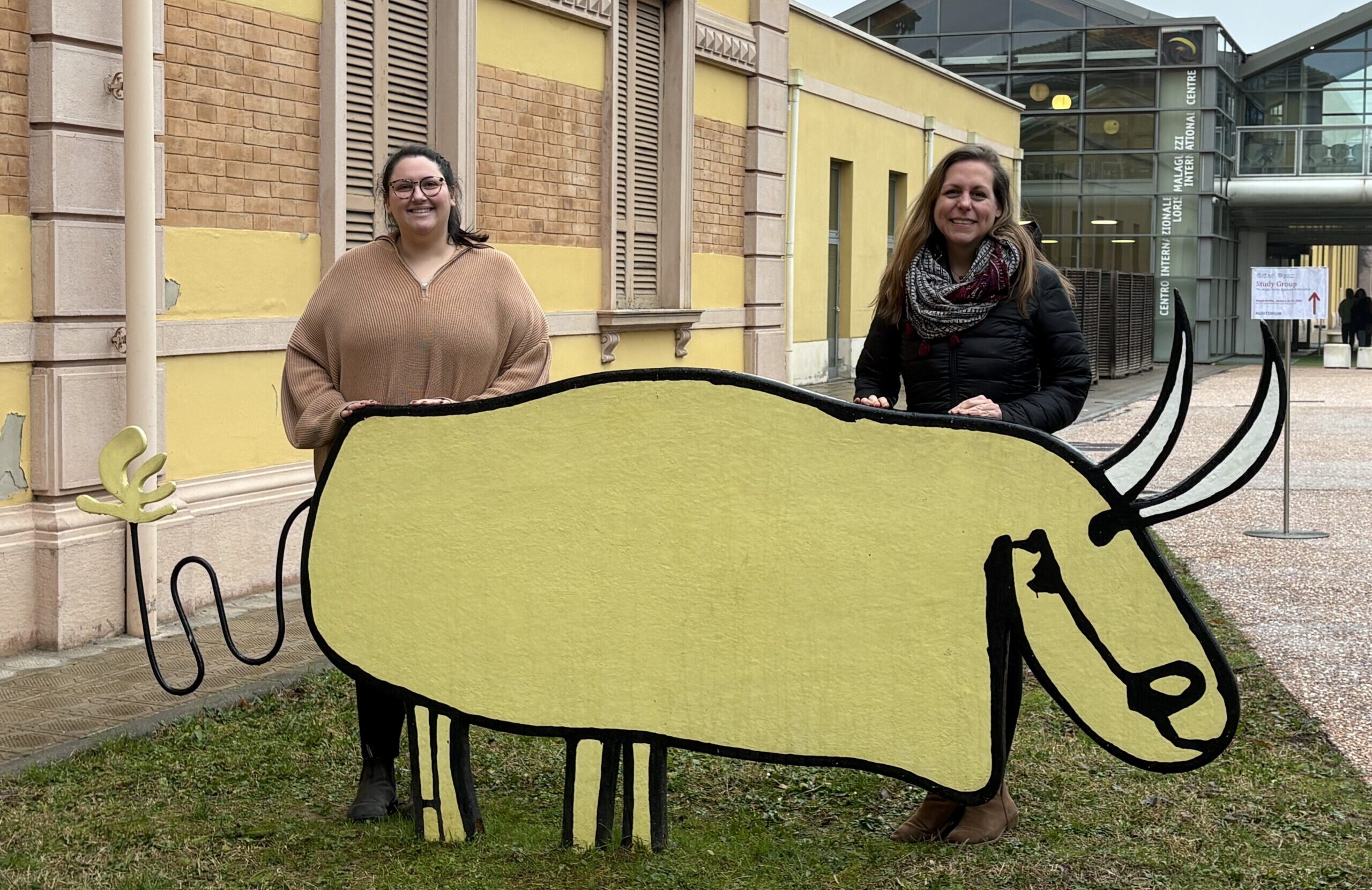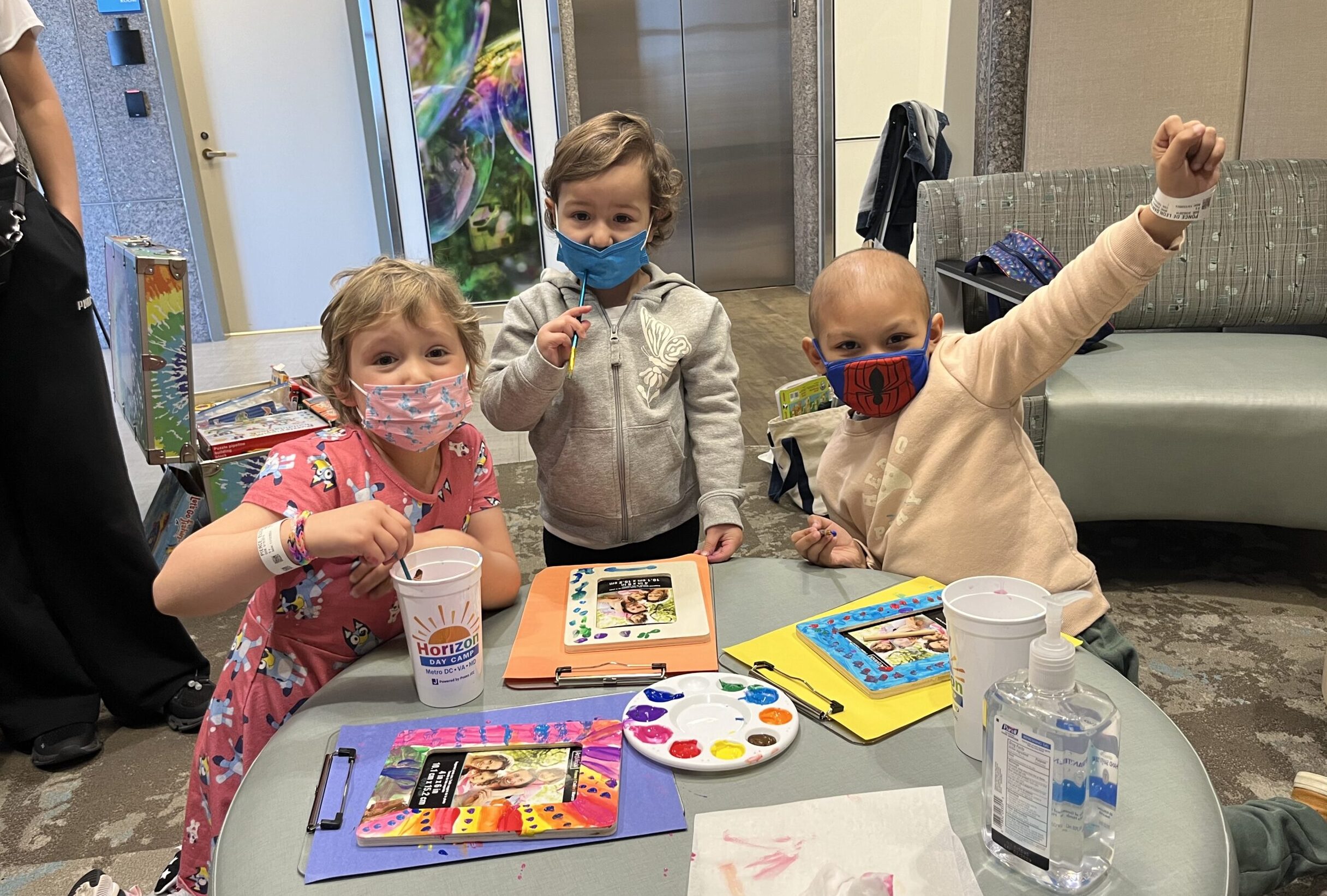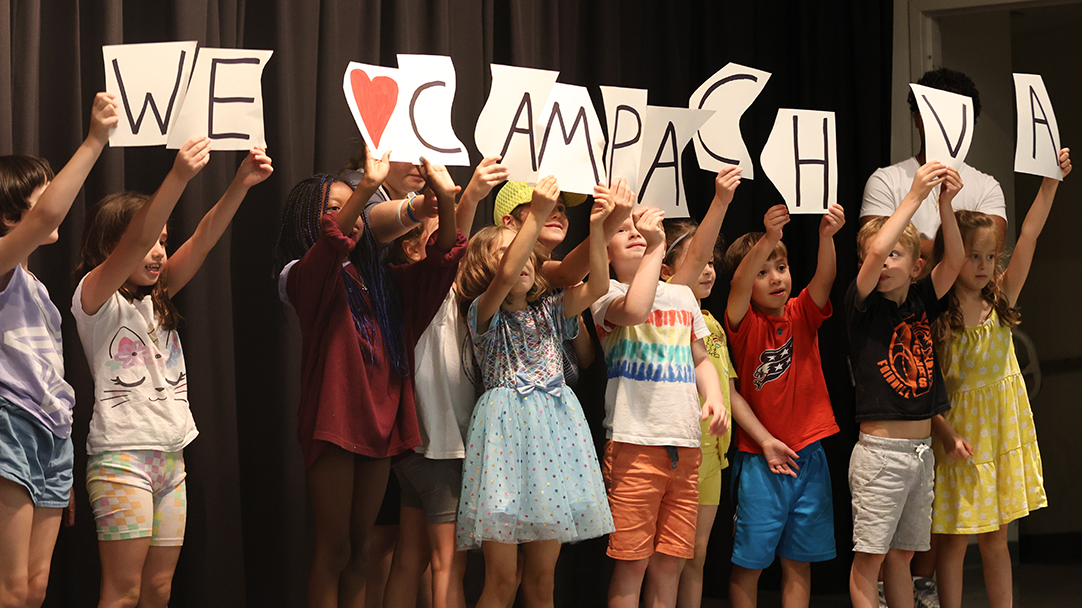
Reflections from Reggio

Though in many ways I stumbled upon the Reggio Emilia approach (REA) when searching for both a preschool to enroll my son in and a change in career, I have never encountered a way of learning, and of being, that resonated more. The more that I learned about the approach and philosophy, the more I wanted to learn. The last eight years working as an educator and Pedagogista at the Pozez ECLC have been an ongoing journey of diving into what it means to understand, implement, and practice this approach as translated to our unique context and community. All the while, I desperately wanted to be able to experience first-hand the actual schools of Reggio Emilia, Italy. My dream of visiting the infant-toddler centers and preschools there finally came to fruition this past January, thanks to the generosity of the Lisa Landy scholarship. With forty other early childhood professionals from across the country and Israel, I arrived in Reggio to attend a weeklong seminar studying the Reggio Emilia philosophy through a Jewish lens.
One of the aspects of the Reggio Emilia approach that initially drew me to it most was its origin emerging out of WWII as a response to the injustice of war, genocide, and fascism. Fundamentally, this approach to learning, which is rooted in and guided by a set of foundational values and principles, was intended to rebuild and repair the worn-torn fabric of society and support the development of a democratic, moral social structure. The importance of this purpose-driven origin was reaffirmed immediately upon arriving in Reggio, when we were greeted in the Loris Malaguzzi International Center with a gorgeous presentation on the value of peace from the viewpoint of children.
My week in Reggio was spent immersed in a way of relating and learning with young children and adults that in many ways is vastly different from “traditional” educational systems in the United States, which tend to be top-down, one-directional, and one-dimensional in their transmission of knowledge. REA begs us to reflect and think deeply about what it means to be human in this world, to form relationships (with people, things, environment, time), to live in a way that recognizes the humanity in oneself and others, and to seek knowledge and understanding through one’s own lens and experience while being open to listening and learning from that of an other. The Reggio Emilia philosophy is about learning how to learn to be in this world among others in a way that respects and honors the inherent dignity and right of all to life, thought, wellbeing, and joy. During a study session, one of the Pedagogistas shared that in the Reggio Emilia approach, “we know that we are tiny in this very, very big world. What we would really like to be is an example of the capacity for welcoming, for inconclusion. A message of peace, a message of welcoming what is human. Humanity is the right to life. The right to live with nature, with others, with clean air. The right to study. The right of not being subjected to other frameworks of reasoning that are not our own.” Her statement expressed REA as more than just an approach to early childhood, it is an ethos for living.
On our final day in Reggio, the president of Reggio Children and Dr. Naama Zoran gave closing remarks, which again deeply reaffirmed my understandings of this approach as critical and peace pedagogy, rooted in social justice activism with the intention of serving as a source of transformative social change towards a more equitable, just, and peaceful society. The president of Reggio Children reiterated that “Education is never neutral, it is always shaped by values of its time”, with the schools of Reggio Emilia serving as evidence of the power of grassroots activism, dialogue, collaboration, democratic values, and social justice.
In the preparation meetings for our trip, it was shared that it is not what we bring back from Reggio, but how this experience changes us. In her final words, Dr. Naama Zoran said that “we come to Reggio to learn about ourselves, our sense of self and identity, and in this process come to open our eyes, to see beyond the obvious, to seek new points of view, and embrace and learn from children’s curiosity and love for learning.”
I returned to the United States different from the person who left. Going to Reggio indeed changed me, and I am so eternally grateful.









